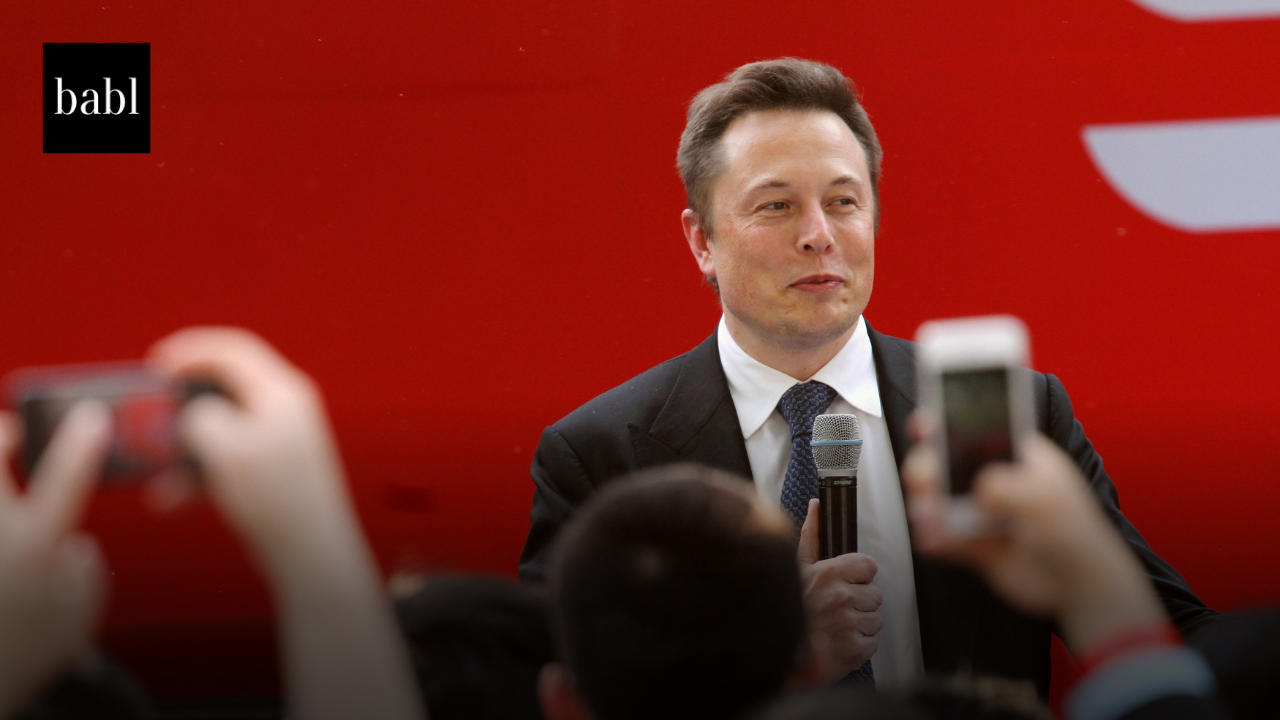EU Commission Identifies Preliminary Breaches of Digital Services Act by X (formerly Twitter)
The European Commission has issued a preliminary view that X, formerly known as Twitter, is in breach of the Digital Services Act (DSA) in areas related to dark patterns, advertising transparency, and data access for researchers. This finding follows an in-depth investigation involving the analysis of internal company documents, expert interviews, and cooperation with national Digital Services Coordinators.
A key issue involves X’s management of “verified accounts.” The Commission found that the Blue checkmark system misleads users. By allowing anyone to buy verification, the platform weakens trust in account authenticity. Malicious actors have exploited this system to spread deceptive content.
Failures in Advertising Transparency
The DSA requires platforms to maintain a reliable, searchable ad repository. According to the Commission, X has failed to meet that standard. Its design choices and access restrictions make the repository ineffective. As a result, oversight bodies and researchers cannot properly monitor emerging risks in online advertising.
Data Access for Researchers Restricted
Another breach involves data access. The DSA grants eligible researchers rights to public platform data. Yet X blocks independent data collection through scraping and places heavy restrictions on API use. Researchers face complex procedures and high costs, often leaving them unable to pursue projects. These practices, the Commission argues, directly violate the law and undermine transparency in digital services.
Possible Sanctions
If the Commission confirms its preliminary view, it will adopt a non-compliance decision under Articles 25, 39, and 40(12) of the DSA. This could lead to fines of up to 6% of X’s global annual turnover. The Commission may also order corrective measures, enhanced supervision, and periodic penalty payments.
Wider Context and Enforcement
X was designated as a Very Large Online Platform (VLOP) under the DSA on April 25, 2023, after declaring over 45 million monthly active users in the EU. The formal proceedings against X began on December 18, 2023, to assess potential breaches of the DSA related to the dissemination of illegal content, effectiveness of measures against information manipulation, and the specific issues of dark patterns, advertising transparency, and data access for researchers addressed in the current findings.
In addition to X, the Commission has opened formal proceedings against other major platforms, including TikTok, AliExpress, and Meta, for similar breaches of the DSA. The Commission has also implemented a whistleblower tool allowing individuals to report compliance issues anonymously, contributing to the monitoring of VLOPs and Very Large Online Search Engines (VLOSEs).
EU Leaders Respond
Margrethe Vestager, Executive Vice-President for a Europe Fit for the Digital Age, commented: “Today we issue for the first time preliminary findings under the Digital Services Act. In our view, X does not comply with the DSA in key transparency areas, by using dark patterns and thus misleading users, by failing to provide an adequate ad repository, and by blocking access to data for researchers. The DSA has transparency at its very core, and we are determined to ensure that all platforms, including X, comply with EU legislation.”
Thierry Breton, Commissioner for Internal Market, added: “Back in the day, BlueChecks used to mean trustworthy sources of information. Now with X, our preliminary view is that they deceive users and infringe the DSA. We also consider that X’s ads repository and conditions for data access by researchers are not in line with the DSA transparency requirements. X has now the right of defence — but if our view is confirmed, we will impose fines and require significant changes.”
While X hasn’t released an official response, owner Elon Musk posted on the platform, “The European Commission offered 𝕏 an illegal secret deal: if we quietly censored speech without telling anyone, they would not fine us. The other platforms accepted that deal. 𝕏 did not.”
Need Help?
Since the inception of the DSA, major tech companies have been actively striving for compliance. If you’re uncertain about your company’s compliance under the DSA or other AI regulations, consider reaching out to BABL AI. Their Audit Experts possess specific expertise in handling DSA compliance and can assist you with any questions or concerns.
Photo by Chinaimages on depositphotos.com – Elon Musk, CEO of Tesla Motors Inc., speaks during a delivery ceremony for Tesla Model S sedan in Beijing, China, 22 April 2014





